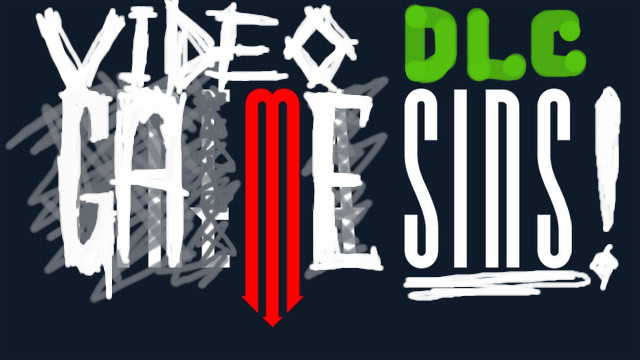
Not all DLC is created equal; some DLC is exceptionally bad. It is these pieces of DLC that hurt everything else in their wake. Consumers are left feeling burnt -- and they're left with emptier wallets or purses. In turn, publishers are left with angry fans. And the whole video game industry is left a little weaker because of the whole debacle.
But there are many identifiable sins or malpractices, if you so wish, that can be easily avoided by developers. So why aren't they addressed by the likes of EA or Ubisoft, for example? Well, that is a different story. Instead of drilling down into that, let's take a look at the 5 DLC sins that hurt the video game industry so you can be better aware of what they are -- and how to address them moving forward.
Microtransactions
Bankruptcy by 1,000 tiny purchases!
We're all familiar with microtransactions nowadays. They're present in everything from free-to-play games made by indie studios no one has ever heard of to popular AAA releases by major developers, like Ubisoft's For Honor.
Some would argue that microtransactions are always bad, but I disagree. When done properly, there is no need to invest in microtransactions to progress. You only purchase microtransaction items if you genuinely feel like you want to support the developer, especially in F2P titles. Or, you may purchase them because you enjoy the game enough to actually buy some cute little costumes.
Where games really falter with microtransactions is by forcing you to purchase items or currency that is needed to play the game effectively -- or at all. Many games, however, can’t help but leave you feeling as if the in-game currency is not valuable -- like For Honor’s steel. Even worse, there might not be any way to obtain the special currency in-game, thus literally requiring you to invest IRL money in the game.
That is the very worst sin.
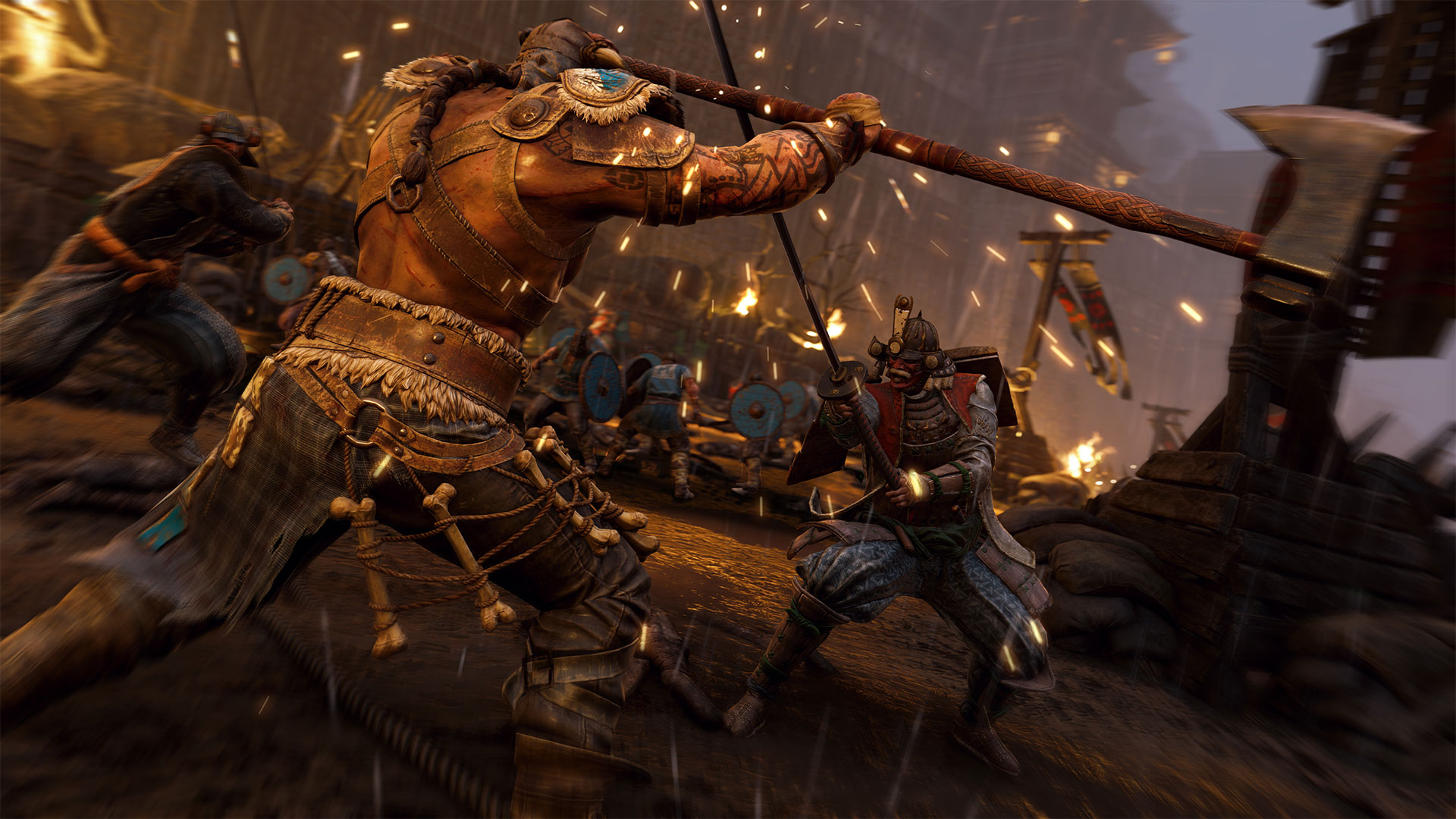
Multiple Business Models
Choose your Damned Business Model Already!
This one has become a particularly prominent sin as of late. Many developers, specifically AAA devs, have tried to get players to two of the following three when purchasing games:
- Pay $60 up front
- Purchase microtransactions
- Commit to a subscription model
Manipulative microtransactions can be a real deal breaker when you've already paid $60 for a game. What is particularly egregious about these games is that they compound the burdens of the former sin by boldly asking for money up front and then requiring more money later on for steady progress -- or even the ability to play the game.
There is a caveat, however: we have been buying full-priced games and paying subscription fees for a long time. Millions of people pay $40 for a WoW expansion and then continue to pay the subscription fee every time there's a new WoW expansion. It can be hard to draw the line between legitimate and abusive business models.
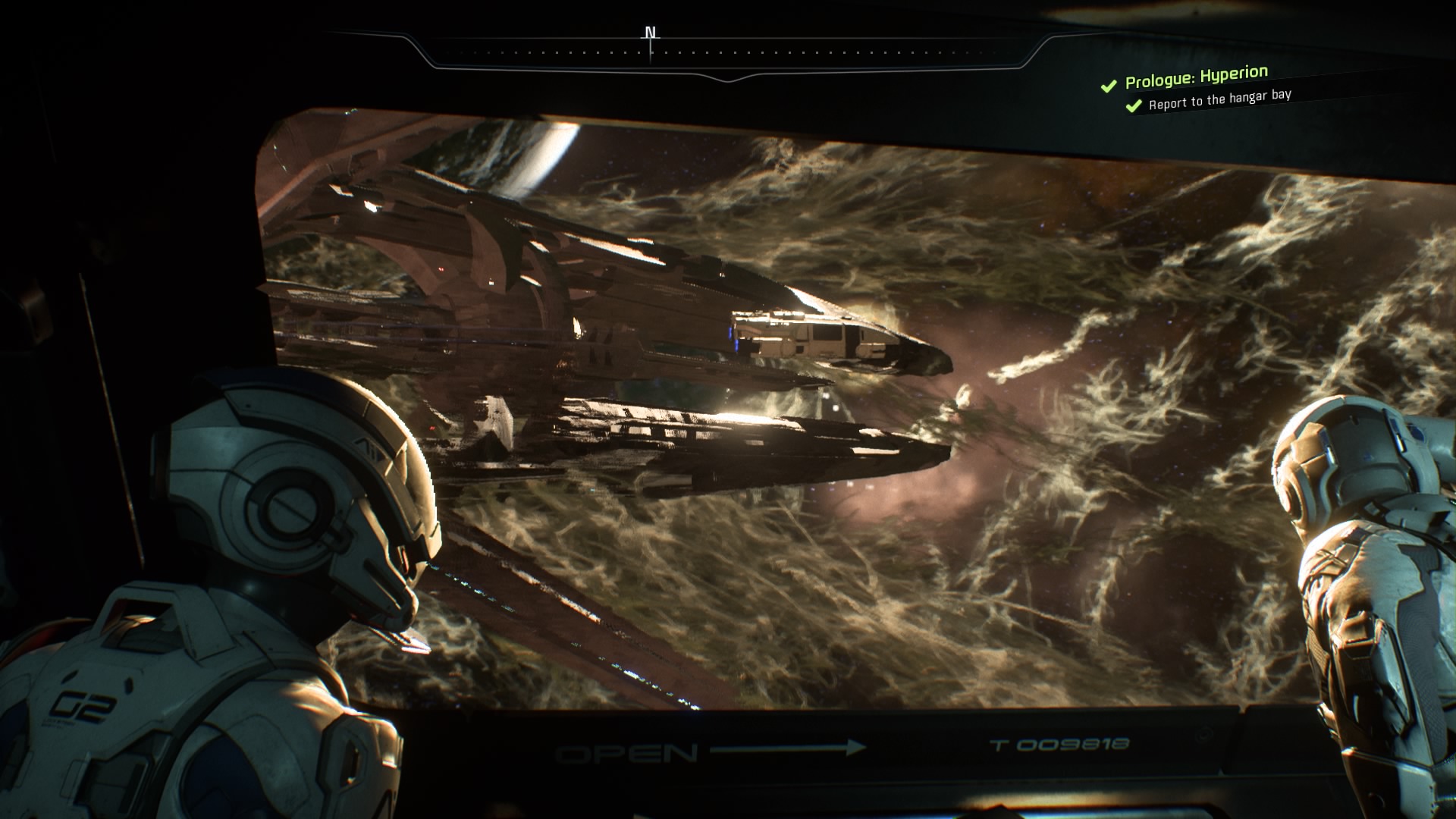
Randomized Packs
So You're Saying you DIDN'T Want Seven of the Same Character?
Mass Effect 3's multiplayer helped popularize the idea that you might gain items through randomized "card" packs (Mass Effect: Andromeda literally calls them cards when you open them.) Of course, this wasn't new or revolutionary; we'd been buying randomized card packs since we started collecting baseball cards as kids. But it was a particularly annoying way to do business in an online marketplace.
"What's that? You want one of those new characters? Too bad. Hopefully, you'll get lucky soon."- Hypothetical Game Developer that DGAF
The business model ends with you getting ridiculous amounts of repetitive, useless fodder while on your way to the top. The reason this model worked well for TCGA was the "T" -- aka trading. This meant that you could use something that you might have an abundance of to trade for something you needed or wanted. Simple supply and demand.
But while many games will allow multiple draws of the same item to net you an incrementally better version of the original item, almost none of them remove said item from the pool of potential draws once you have gotten the best version. It also doesn't make thematic sense. Why does Pathfinder Ryder buy specific gear that he/she wants, but your Apex Strike Team is stuck paying money to some unknown RNG God praying that they get something useful?
Pairing this with microtransactions often feels like the developer is purposefully handicapping their game just to force you to buy card packs.
That's just not cool.
This Wasn't A Problem Earlier
But is Now the Most Pressing Thing in the WORLD
Sometimes DLC just doesn't make much sense. It's not really robbing you of your hard earned cash so much as it is robbing itself of a believable game world.
Prior to purchasing DLC, there was literally NO mention of an AI program that could potentially threaten intelligent life as we know it. But now that I've forked over the money, it is quite the pressing matter.
When this sin occurs, you are often left scratching your head. Either this had been a problem all along and you didn't tell me until I paid you money -- or the act of me paying you money literally caused this problem to happen. Either way, I am failing to see the correlation between my real world decisions and the in-game repercussions.
Really, it's all very strange, if you ask me.
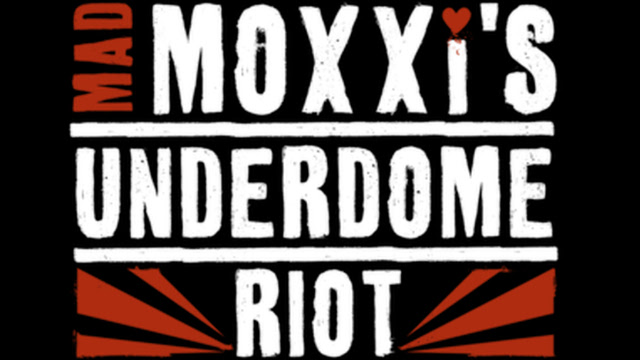
Bad DLC
NO! It's NOT Cheating
DLC is like games in general. Good DLC is so great that it's practically a steal. It might introduce new characters, stories, gameplay scenarios, interesting mechanics, or myriad other enhancements. inFamous 2 and inFamous: Second Son both had very well done stand alone DLC for these reasons.
Bad DLC, however, is $120 a dozen (The stuff is damned expensive!). Stripped features, game breaking gifts, mundane content that makes you say, "This is just more of the worst." And at its worst, it is just downright broken.
Sometimes DLC is sinful not because it breaks immersion or the bank, but because it is just not very good for the exact same reasons that any full game wouldn't be good. Bad DLC is a catch-all for all the DLC that is technically sinful, but not for reasons that specifically relate to the fact that it is DLC.
-----
So what do you think? Are these 5 sins accurate? Or do you not even consider microtransactions to be DLC? What other sins can you think of?

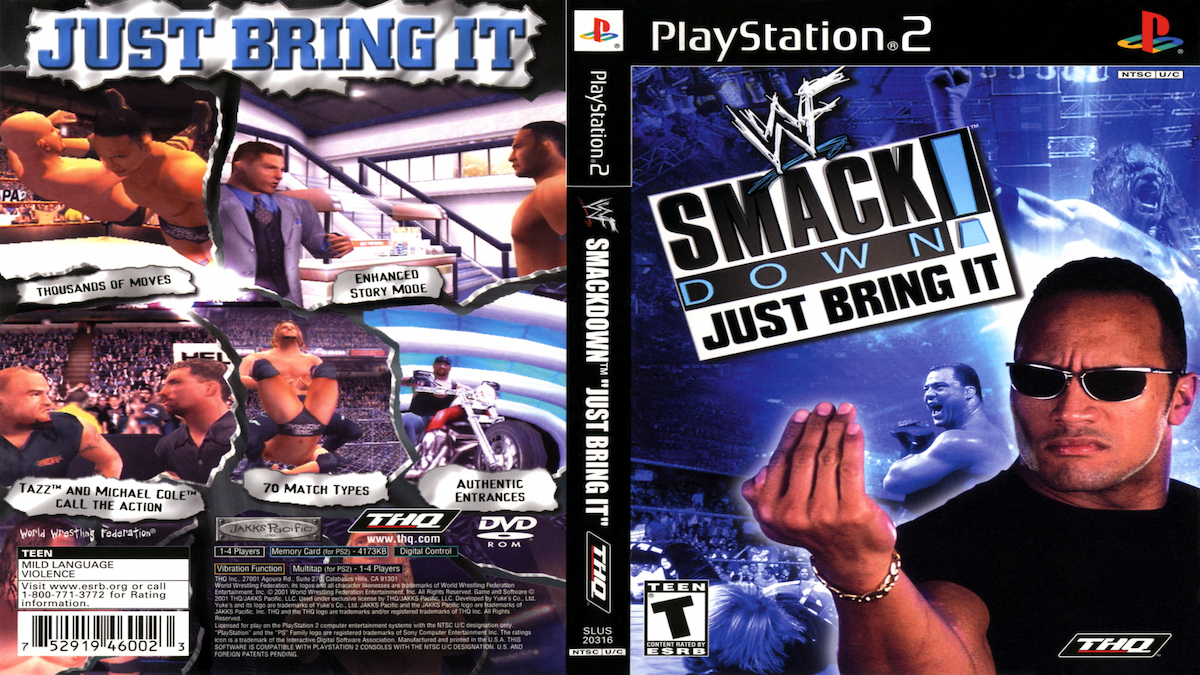

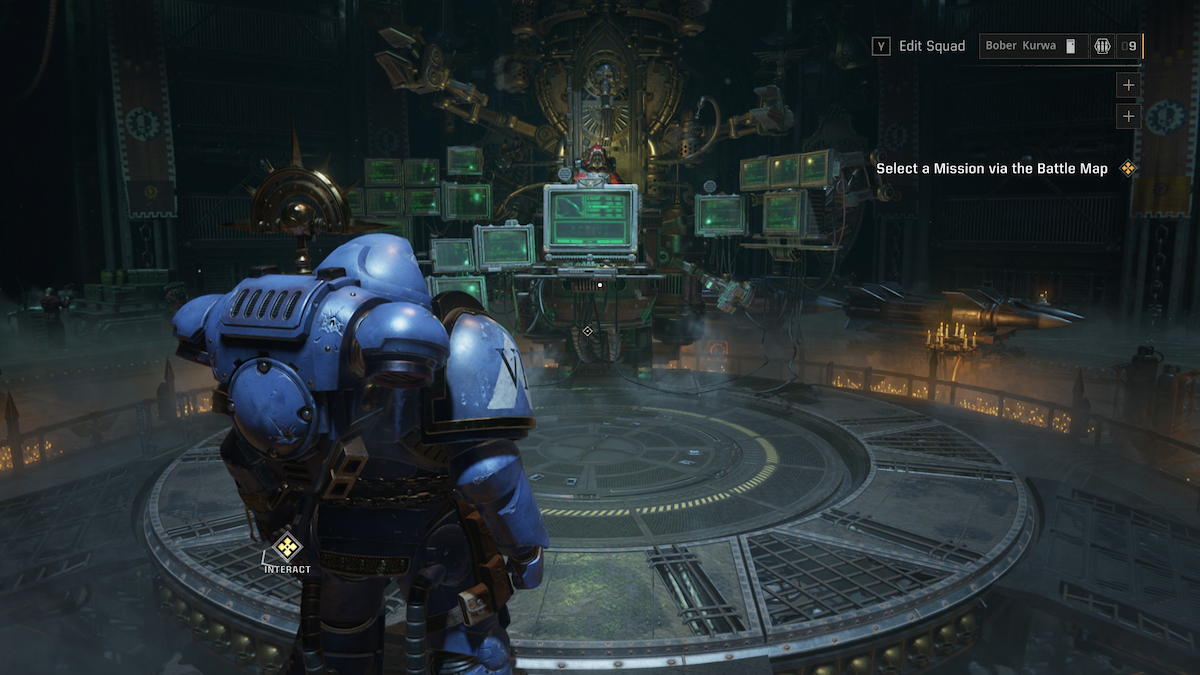
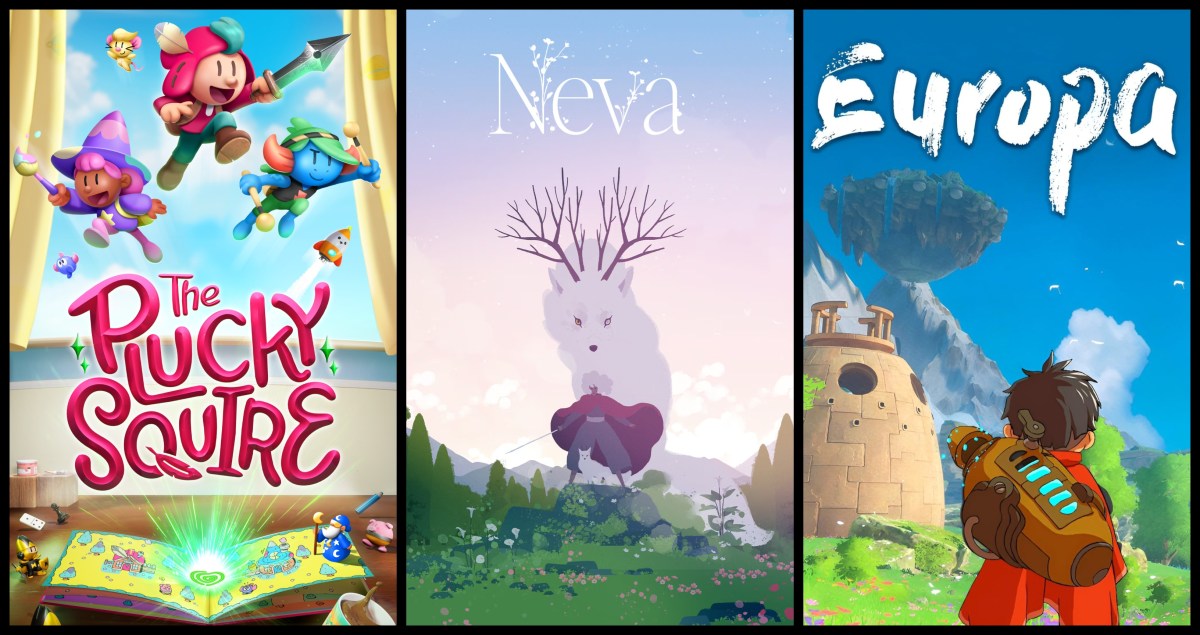
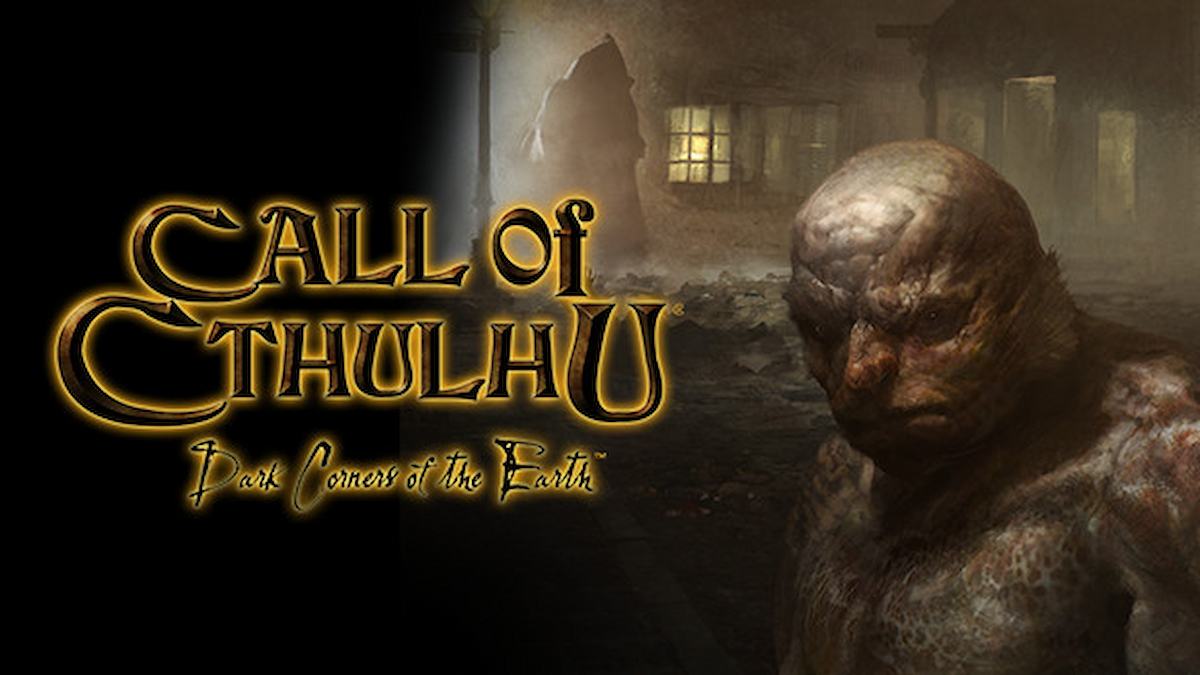
Published: Apr 8, 2017 03:05 am